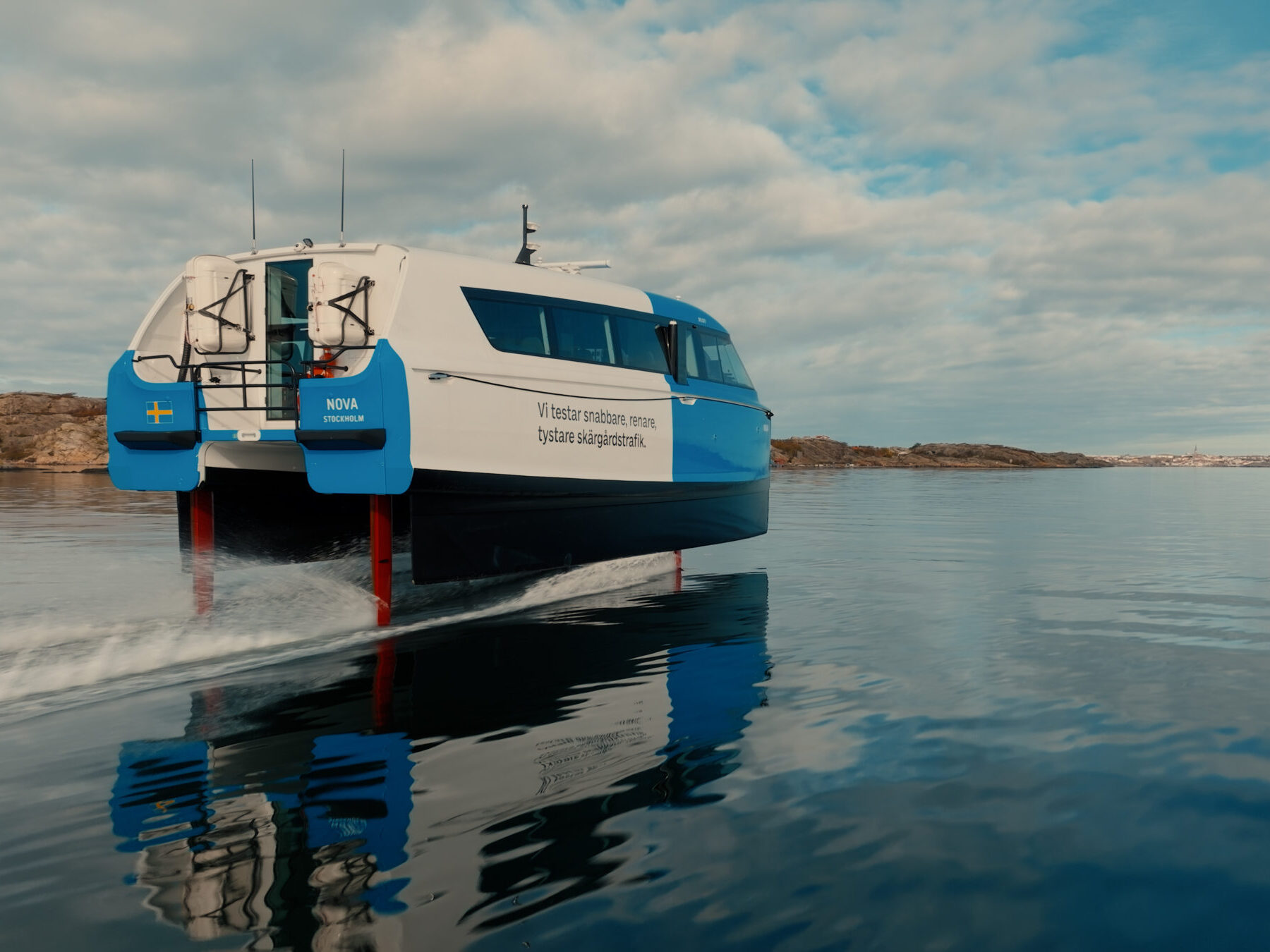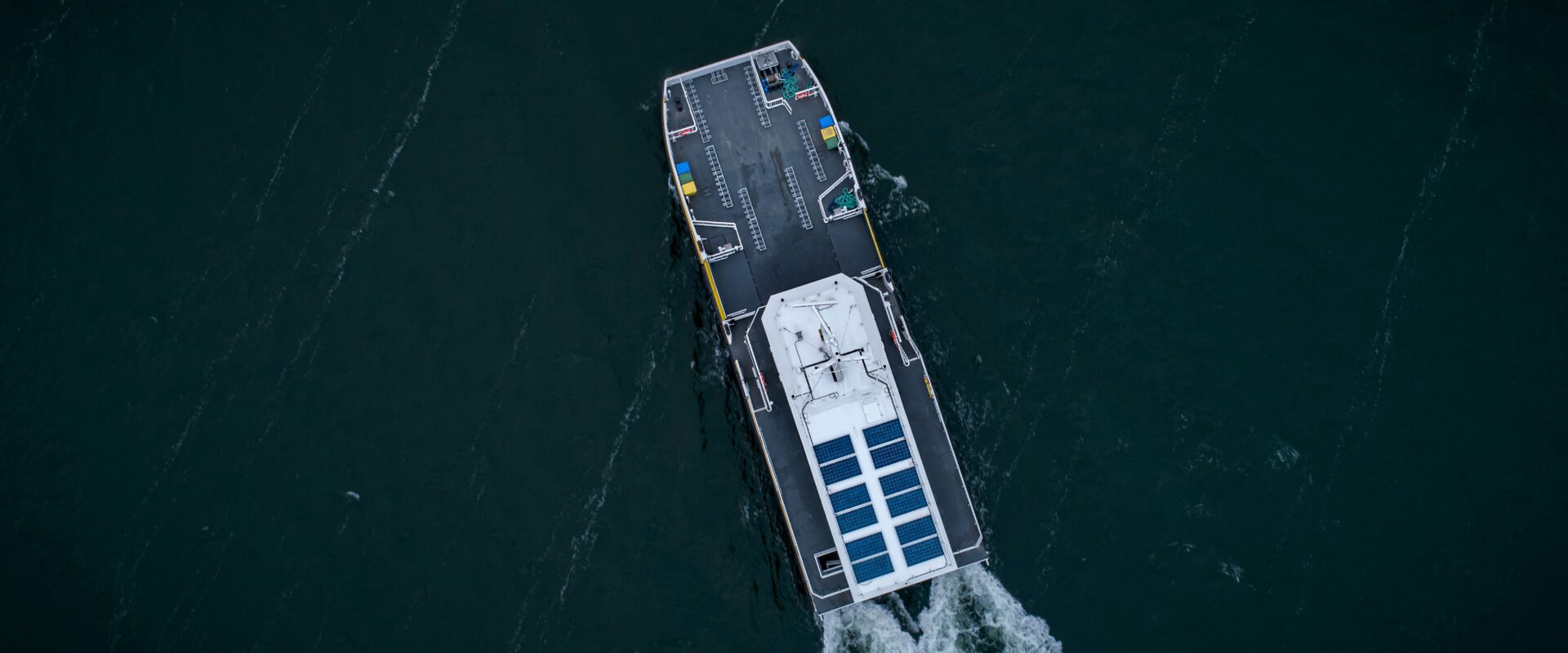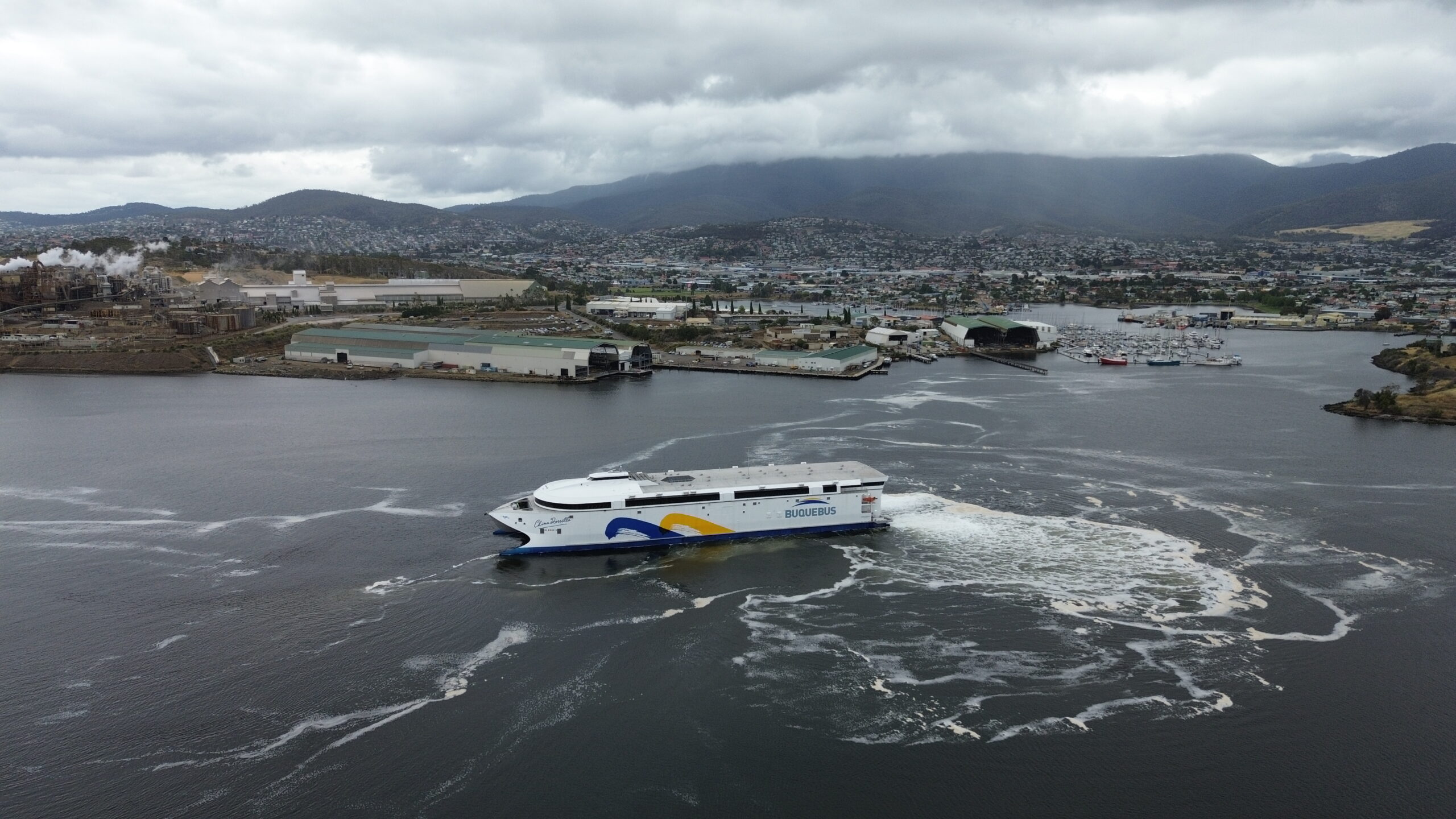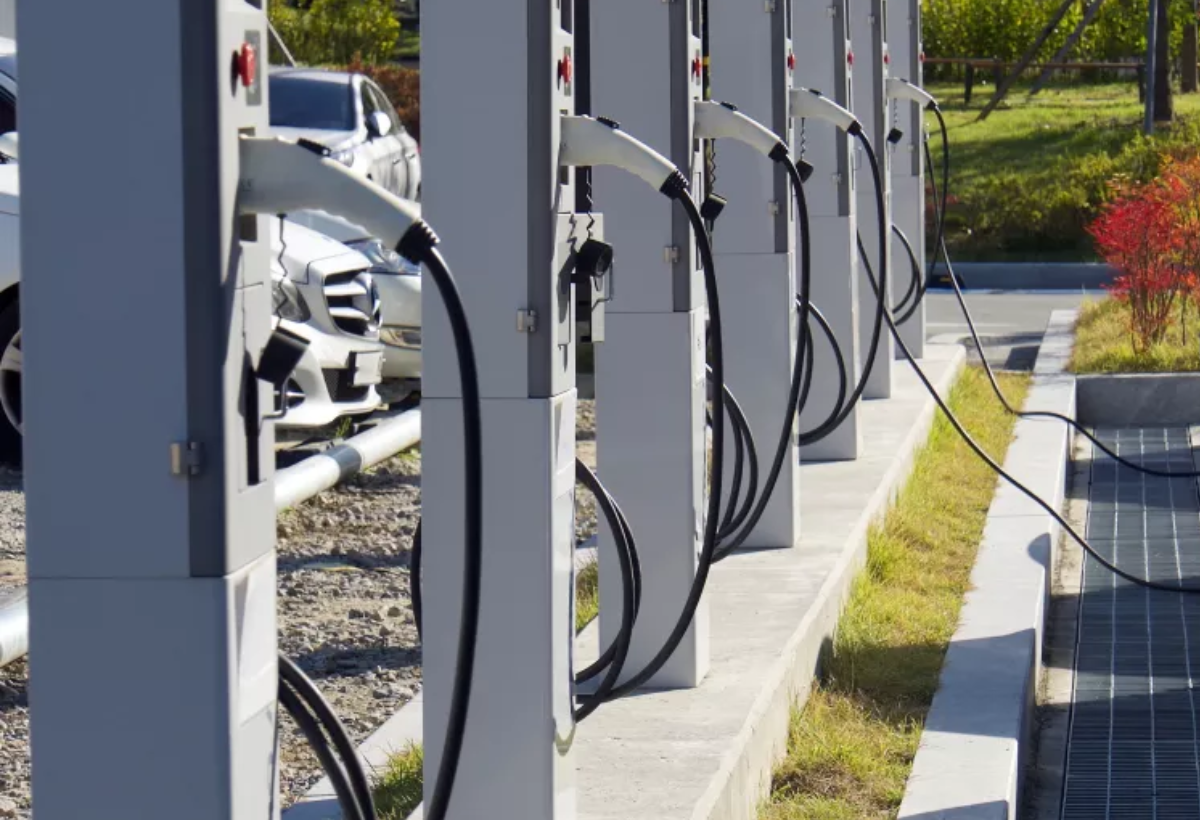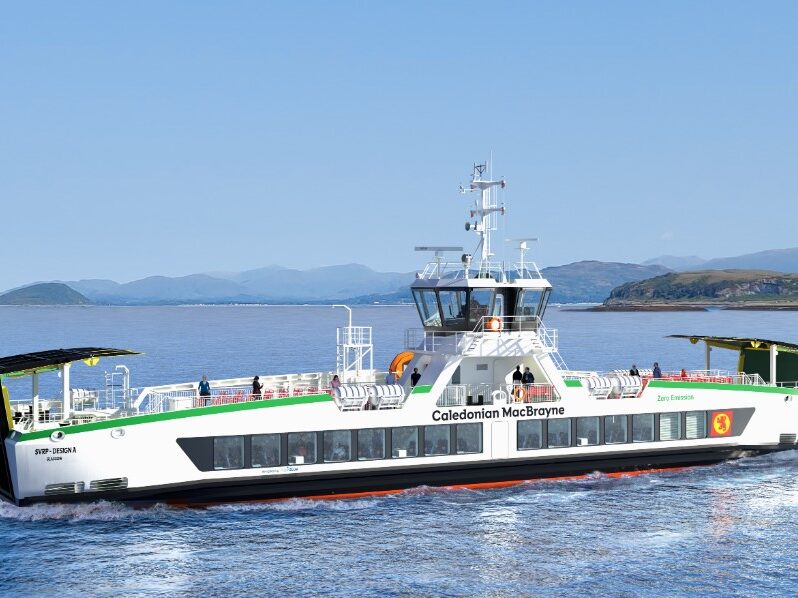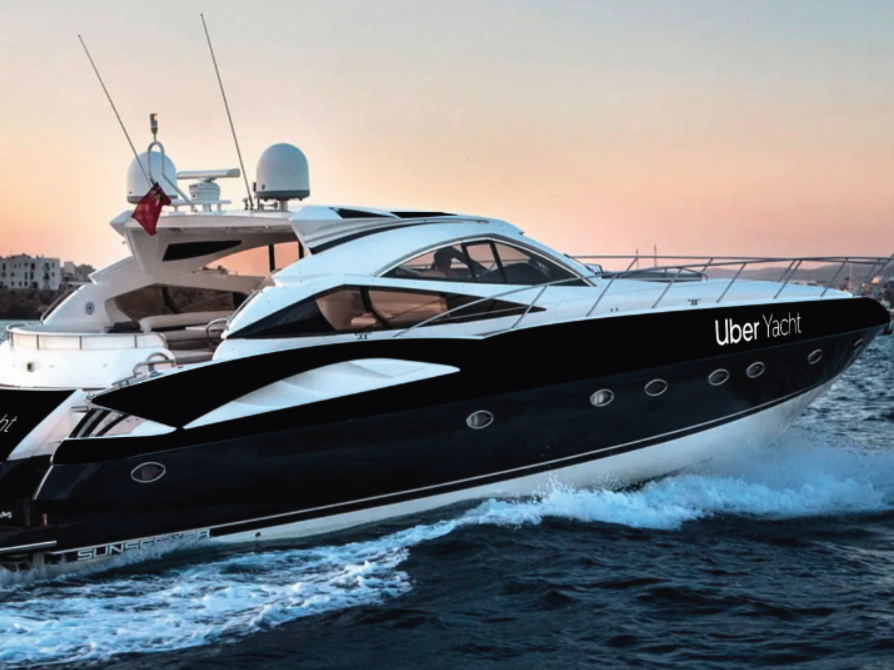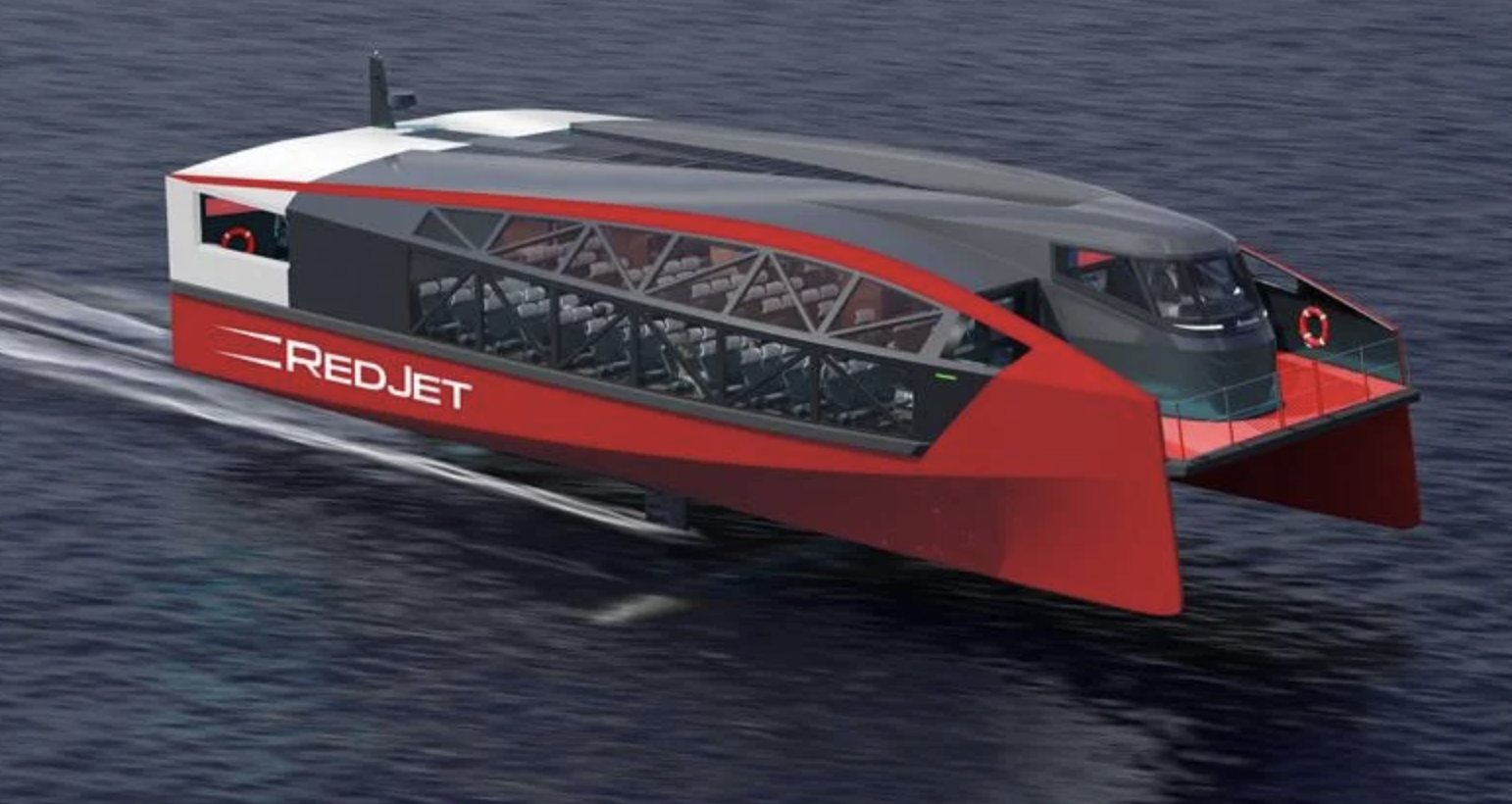Parkwind and MJR Power & Automation have implemented an offshore boat charging station at the Nobelwind wind farm in the Belgian North Sea.
The system allows maintenance vessels to be charged with locally sourced renewable energy. The development therefore aligns with Parkwind’s commitment to minimise its environmental footprint while generating clean energy.
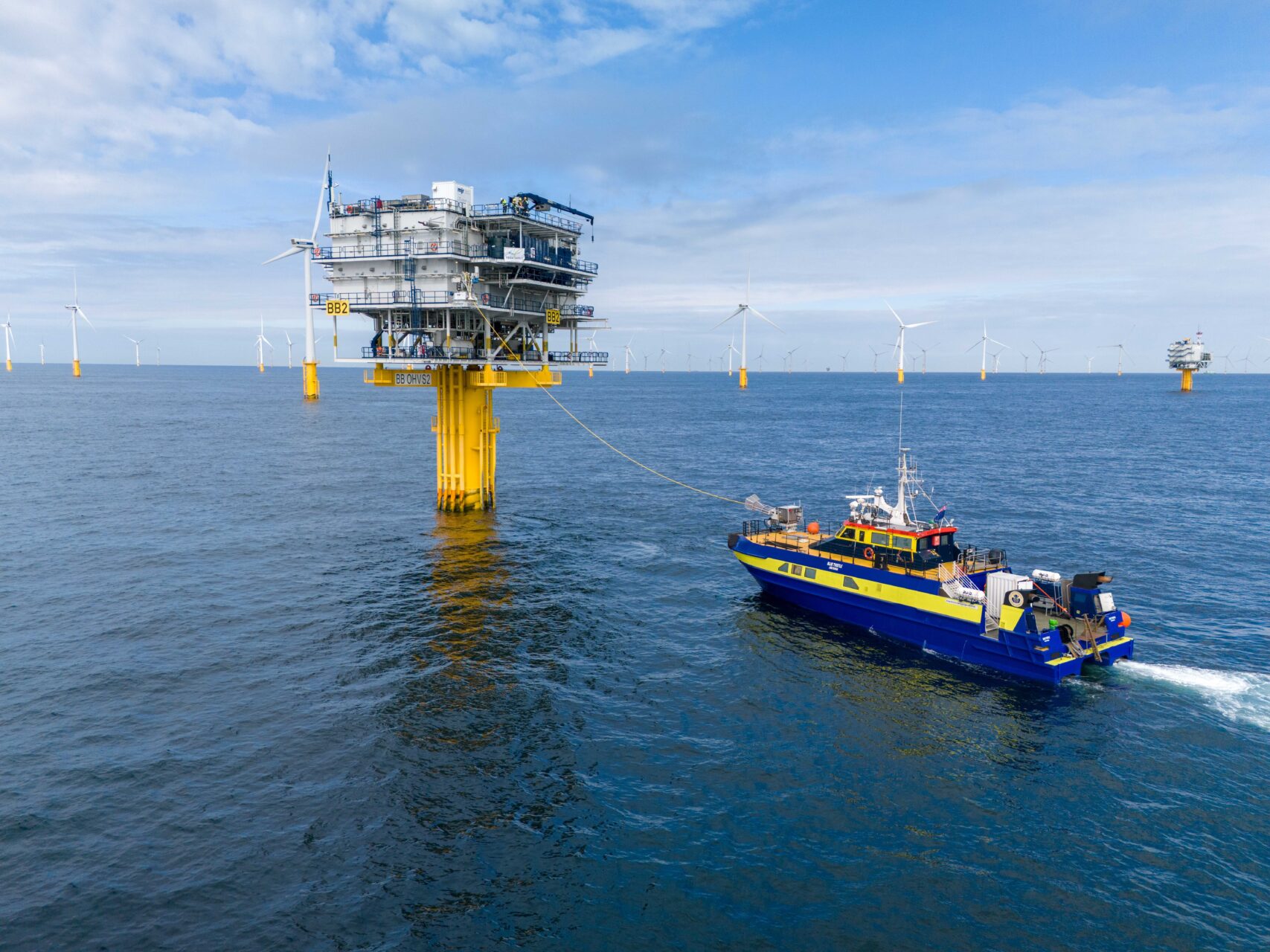
By using electricity produced by the wind farm, the charging system represents a crucial step towards low-carbon water transport.
Kristof Verlinden, Head of Operations & Maintenance at Parkwind said:We are committed to making all of our activities as sustainable as possible, and this is a game changer for our maintenance vessels, which can now access green energy directly from our wind turbines as they carry out their work. The trial proved the system can transfer electricity from a wind farm to the vessels safely without any disruption to the farm.
Nobelwind Wind Farm is located 47 km off the Belgian coast. It is Parkwind’s third offshore wind project, comprising 50 turbines spread over an area of 19.8 km².
The charging system, developed by MJR Power & Automation, was transported offshore and installed at the substation within two days.
The system’s design features automatic coupling and uncoupling. This hands-free connection process allows vessels to stay in position while charging, despite sea currents, with no need for manual handling.
The station also includes advanced safety measures such as effective tension control, overload protection, and emergency release functions.
Its trial was part-funded by The Offshore Wind Growth Partnership and supported by the UK Department for Transport’s Clean Maritime Demonstration Competition.
Paul Cairns, Managing Director of MJR Power & Automation said:The success of this trial is a testament to the specialist marine and offshore engineering skills of MJR Power & Automation and our trusted partners. The commitment, professionalism, and vision of Parkwind were crucial in making this trial possible.
The charging station is designed to support both CTV charging up to 2MW and Service Operation Vessel (SOV) charging up to 8MW. It can also supply power to conventional offshore vessels on standby, reducing emissions from diesel generators.
Following the success of this trial, MJR Power & Automation plans to incorporate the lessons learned into the first commercial offshore charging system, scheduled for delivery in the first quarter of 2025.



